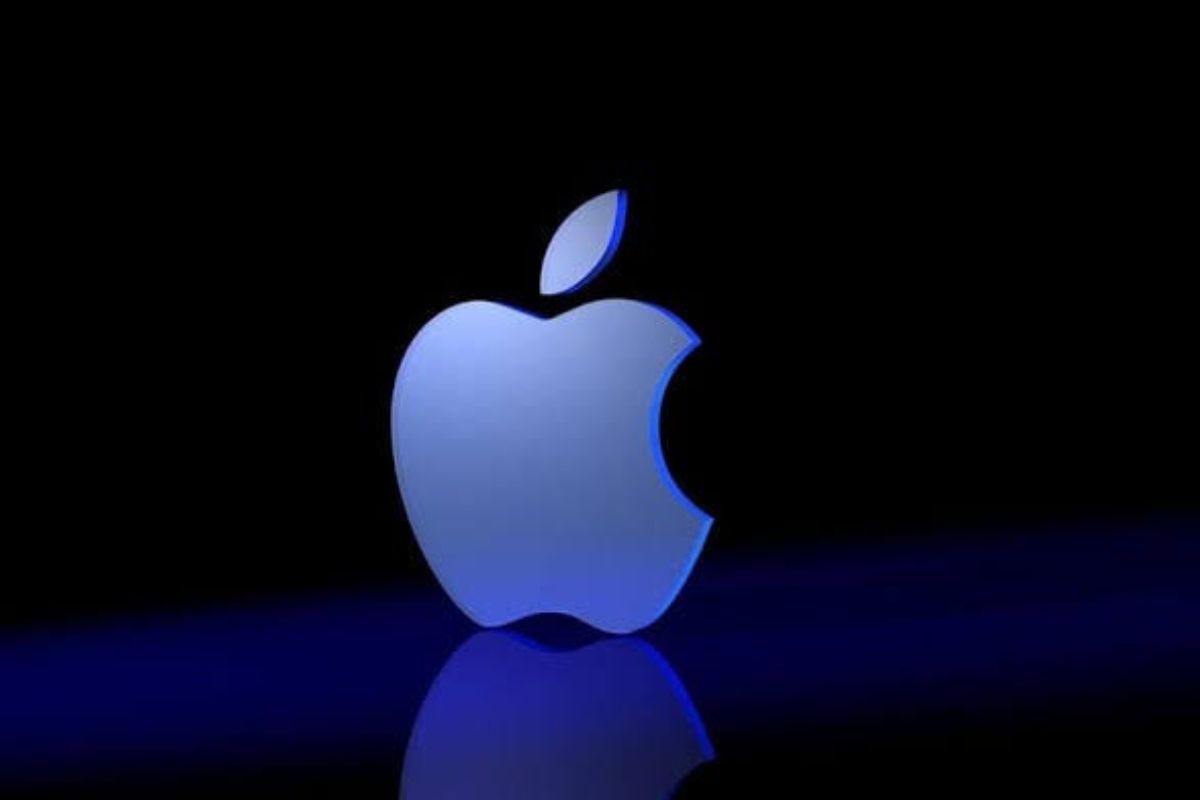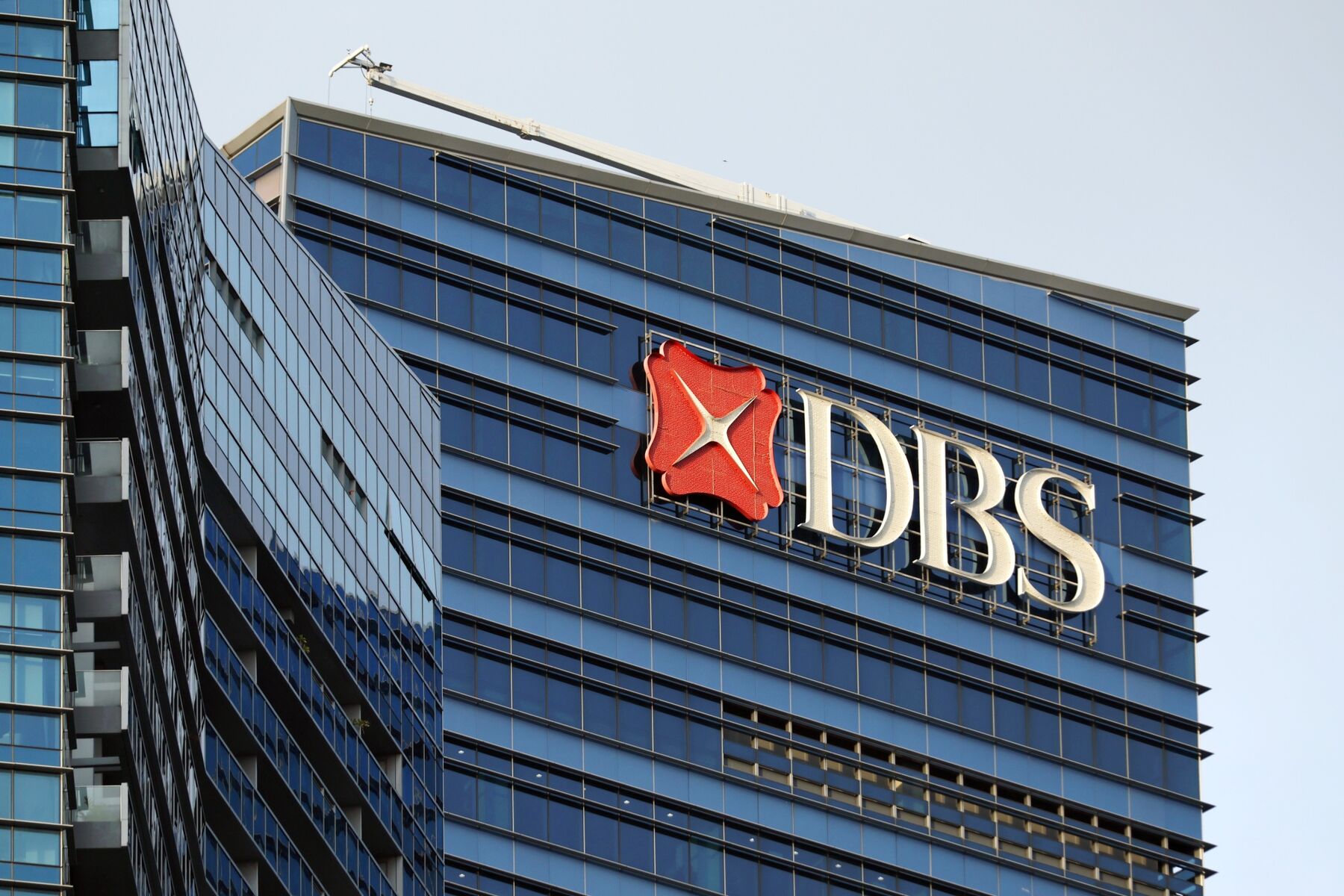The EU’s Digital Markets Act, which went into effect earlier this year and lays out a lengthy list of regulations intended to increase EU competition in digital advertising, online search, and app ecosystem, is what led to the charges that were revealed on monday.
Should EU officials finally find that Apple violated the DMA’s regulations, the corporation may face fines equal to up to 10% of its global revenue.
Charges solidify Apple’s position as the tech giant. The new rule targets EU regulators the most fiercely and adds to the regulatory issues the iPhone maker faces worldwide. Earlier this year, the Justice Department filed a lawsuit against Apple on the grounds that the firm makes it difficult for rivals to connect with the iPhone, driving up consumer costs.
Separately, Apple stated last week that it might not be able to implement artificial intelligence features in Europe due to EU laws. Additionally, Apple was fined almost $2 billion by the bloc’s regulators in March in a different action that targeted issues with the App Store using conventional antitrust laws.
European antitrust authorities claim that Apple App Store policies prohibit developers from openly informing users about offers that are accessible outside of the App Store or from including pricing information within the app.
EU Competition Violations law
According to the bloc, Apple frequently imposes limitations on developers who offer connections that take users to external websites. Additionally it stated that App Store payments exceed necessities.
During a meeting in the Netherlands EU Competition Commissioner Margrethe Vestager stated that the DMA’s primary goal is to guarantee an accessible and competitive market. The fact that some of the most important and well-respected large corporations in the planet do not view compliance as a badge of honor, according to her is surprising
Apple claimed that in response to input from EU regulators and app developers, it had made modifications in recent months to comply with the DMA. The corporation declared, “We are confident our plan complies with the law,” and promised to keep talking to and listening to regulators.
The accusations, referred to by the EU as preliminary findings, follow the bloc’s March opening of a probe into Apple’s App Store policies. Authorities announced at the time that they were also starting investigations into Meta and Google’s legal compliance. The bloc announced on Monday that it is still conducting its other investigations.
The EU stated that although Apple may have violated the DMA, the allegations announced on Monday are only a preliminary assessment and do not guarantee that the corporation would be found to have done so. It stated that Apple would have a chance to review and comment on its findings.
The European Commission, which oversees competition policy for the bloc, stated that it would issue a noncompliance decision by the end of March 2025 if its preliminary findings against Apple are validated.
A fresh probe of Apple’s business model for the App Store in Europe which involves the imposition of a so-called core technology fee that some app developers claim will prevent them from taking use of new prospects under the DMA, was also announced by the EU.
Read more
What is the fine for EU competition?
What are U.S. savings bonds? How does it work?
Source
Wsj.com

Daisy Morgan is a dedicated business journalist known for her insightful coverage of global economic trends and corporate developments. With a career rooted in a passion for understanding the intricacies of the business world, Daisy brings a unique perspective to her writing, combining in-depth research with a knack for uncovering compelling stories. Her articles offer readers a comprehensive view of market dynamics, entrepreneurship, and innovation, aiming to inform and inspire professionals and enthusiasts alike.







